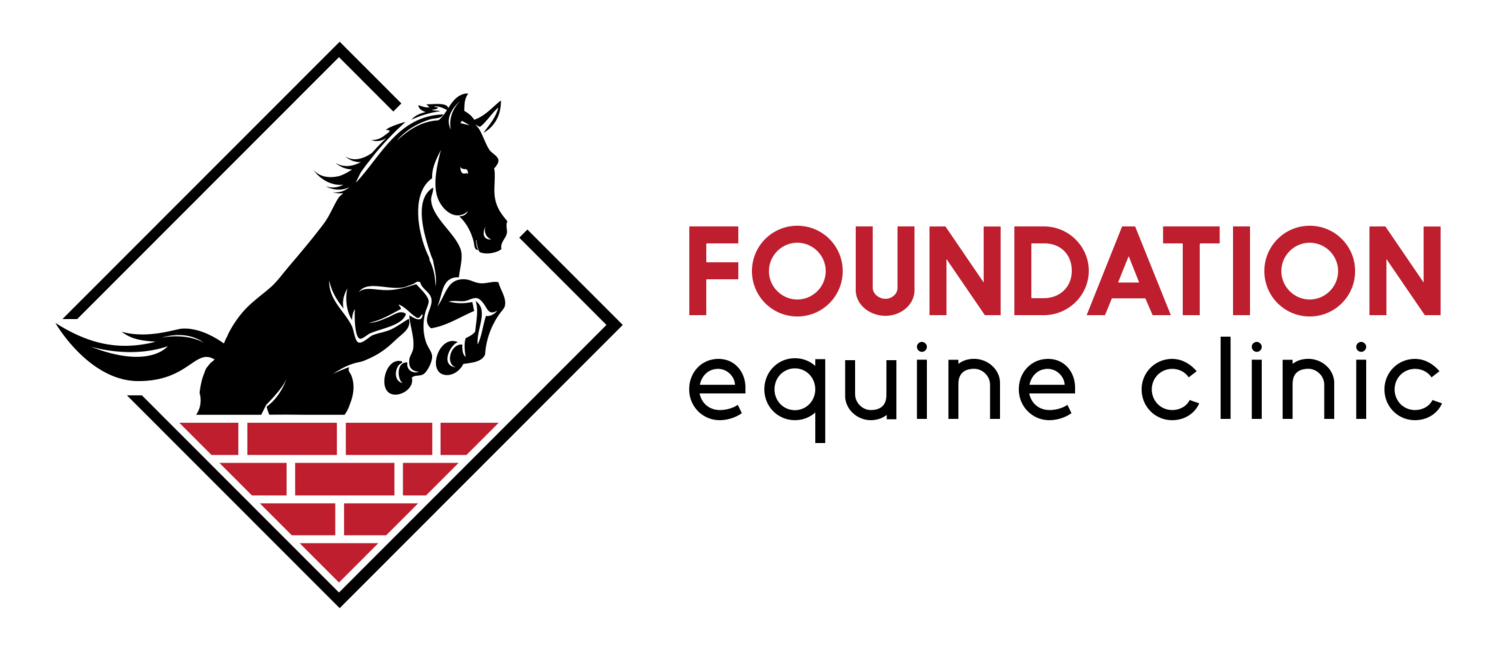Frequently Asked Questions About Dentistry:
Q: Why do you need to sedate my horse to perform dentistry?
A: To perform a thorough dental examination, in which each tooth is individually assessed using mirrors, picks and lights; a full-mouth speculum must be used. Horses may tolerate a mouth speculum for a period of a few minutes, but a comprehensive dental examination may take up to 20 minutes in horses with multiple dental abnormalities. Horses cannot be expected to tolerate a speculum for this period of time without drugs to produce relaxation, alleviation of anxiety, and analgesia.
Q: Why do you use power instruments for dentistry?
A: While hand floats can accomplish a simple "filing-down" of the teeth, they do not allow for precise or advanced dental work. The procedures for correcting various dental and periodontal conditions require specialized instrumentation that is only possible with power tools. We correct dental abnormalities on a "tooth by tooth" basis and only power instruments allow for this level of treatment.
Q: Are you concerned about the possibility for "over-floating" teeth using power tools? What about heat damage?
A: In general, yes. Power instruments in the hands of an inexperienced dentist can certainly cause heat or mechanical damage to equine teeth. I am very careful to limit the time that the instrument is in contact with a particular tooth, and to ensure that the tooth is cooled with water during "rest" periods from the equipment. Over-floating of teeth can be easily avoided with proper positioning and visualization of the dental arcades during the procedure. In addition, I don't believe that indiscriminate filing of the teeth is in the horse's best interest. Each tooth is treated individually by assessing the need for reduction of points or correction of abnormalities. This results in MUCH LESS tooth destruction than a blind filing with hand floats.
Q: Why shouldn't I simply use the "old fashioned guy" to do my horse's teeth? He's cheaper and has been doing it for years.
A: Equine dentistry is one of the few medical procedures where people, strangely, continue to request sub-standard and outdated care. No one calls a prospective surgeon and asks to have surgery performed with chloroform anesthetic and hard liquor as a disinfectant! "Old fashioned guys," also called "lay floaters," may file sharp edges from a horse's teeth, but they do not perform a complete dental exam (with a mirror, full-mouth speculum and light source). In addition, the lay floaters cannot administer sedation to ease anxiety, give pain medications when needed, prescribe drugs to treat oral infections, take x-rays of the jaw if required, or perform advanced dental procedures and surgery. Lay floaters also do not offer insurance protection if something goes wrong, and many horse insurance policies will be void if procedures are not performed by a veterinarian.

